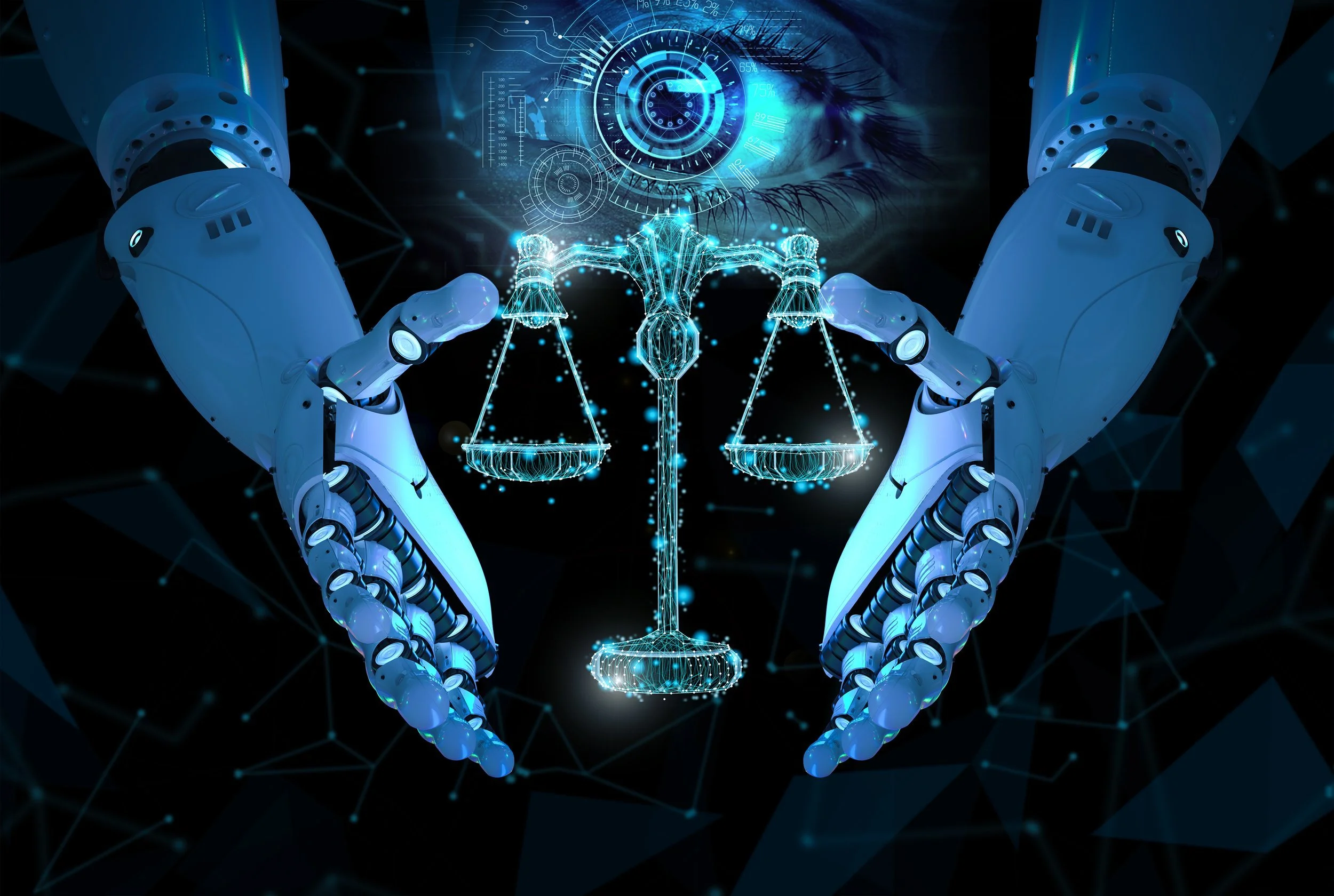Artificial intelligence is also part of criminal law

Legal artificial intelligence is defined as a branch of computing in the legal field that replaces functions naturally attributed to humans with expert computer systems. Through them, you can perform legal tasks, such as preparing a procedural strategy, analyzing a contract, making decisions and solving various cases, storing confidential information, etc. These tools can be programmed with user-supplied information with the intention of producing a result.
An expert system, as detailed in a set of definitions proposed by María Hernández Giménez in Artificial Intelligence and Criminal Law, is a program capable of providing expert answers on the subject for which it is configured to support decision making. Act as if you are using the voice of a specialist, in this case a lawyer.
The client is one of the main aspects in the development of the judicial and criminal process. This is a truth that continues to gain momentum in the profession. Now, technological tools are also a great ally to stand out in the market, because it involves automating a lot of information that expands the horizons in case analysis.
The integration of artificial intelligence into criminal law is changing the way cases are investigated and prosecuted, especially in an international context. As AI helps track and analyze cross-border criminal activity, resources such as interpolrednotice.net/ offer important information on managing Interpol's red notices and navigating complex international legal frameworks enhanced by AI technologies.
Applying artificial intelligence to criminal law
Hernández Gimenez highlights in his article some of the most used tools in this specialization:
- Video Conferencing: This is one of the most used criminal trial programs because it avoids a physical meeting between the aggressor and the victim, so witnesses and minors can be protected during testimony. It is also used at trial as preliminary evidence to be presented at another stage of the case.
- Electronic Evidence: This is all information of probative value sent by electronic means. Although it is used in several areas of law, it is particularly important in criminal law. It is known that electronic evidence, although it can be manipulated by computer experts, is increasingly used as valuable information to solve cases, so it is important that lawyers and criminal law professionals are aware of its use and the ways in which it can be manipulated.
- Supporting Police Investigation: Technology in police investigation has marked an important change as it has shown the emergence of new means of investigation.
- Crime maps: allow studying the space and time of crimes committed in the territory and in a certain period.
- Drones: Images captured by a drone are valuable evidence in a criminal trial. They can be used to investigate a specific person or find new evidence.
- Detection of false messages: programs capable of detecting false messages have been created using algorithms and mathematical modeling.
- Identification glasses: This is a visual device that allows you to immediately receive data from people using facial recognition.
- Crime Scene Analysis: He is responsible for processing all the data collected at the crime scene and developing possible lines of investigation. In addition, it stores and organizes all information in databases for cross-reference and use at various stages of the investigation.
Despite the fact that artificial intelligence is a path on which great steps have been taken in the public and private spheres, concrete and clear regulation for it has not yet been created. Among the areas of greatest concern in the Act when it comes to establishing legal grounds in this regard is civil liability, i.e. the obligation to indemnify the person or persons who have unintentionally suffered loss or injury as a result of the use of these programs. Also check: Scams continue to claim victims around the world
There is no doubt that algorithms and programming can be used to create programs that allow criminal defense attorneys to obtain critical data more quickly during investigations. However, in order to avoid risks, it does not hurt for specialists to check the origin of the information and the mechanisms by which the applications process it. Improvements to these tools could lead to a more secure path than the one currently shown, saving time on legal processing.
Setzen auch Sie auf Bewegtbild.

Lassen Sie uns sprechen:
Mario Gorniok-Lindenstruth
Geschäftsführer & Kreativdirektor
Tel: 030 79740002
Mail: kontakt@keenly.de
Instagram, Facebook, Linkedin
Lassen Sie uns sprechen:
Mario Gorniok-Lindenstruth
Geschäftsführer & Kreativdirektor
Tel: 030 79740002
Mail: kontakt@keenly.de
Instagram, Facebook, Linkedin
Lassen Sie uns sprechen:
Mario Gorniok-Lindenstruth
Geschäftsführer & Kreativdirektor
Tel: 030 79740002
Mail: kontakt@keenly.de
Instagram, Facebook, Linkedin
Lassen Sie uns sprechen:
Mario Gorniok-Lindenstruth
Geschäftsführer & Kreativdirektor
Tel: 030 79740002
Mail: kontakt@keenly.de
Instagram, Facebook, Linkedin
Lassen Sie uns sprechen:
Mario Gorniok-Lindenstruth
Geschäftsführer & Kreativdirektor
Tel: 030 79740002
Mail: kontakt@keenly.de
Instagram, Facebook, Linkedin
- Play The Best Aviator, Bonanza Slot, And Other Amazing Games At Glory Casino Bangladesh
- 5 Tipps zur Auswahl eines sicheren Online-Casinos
- Banger Casino: Your Go-To Destination for Fun
- Book of Dead Steckplatz Übersicht
- Die Zukunft der Wetten auf die 1. Halbzeit: neue Chancen und Herausforderungen
Standort Westfalen:
Brüggering 1
59494 Soest
(c) 2015–2023

